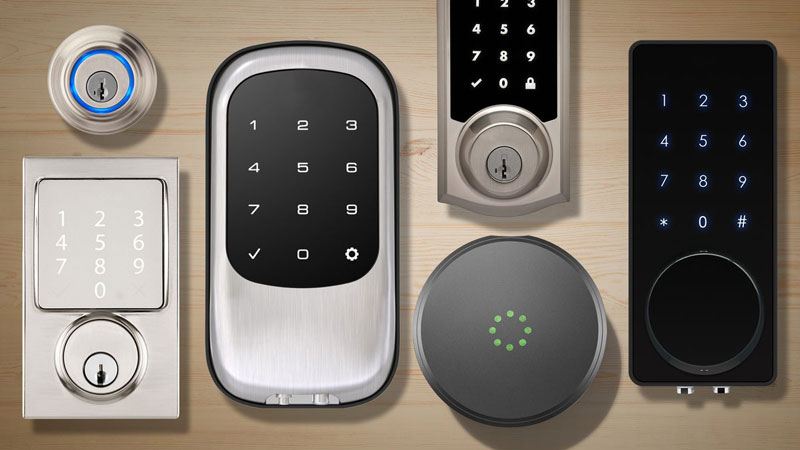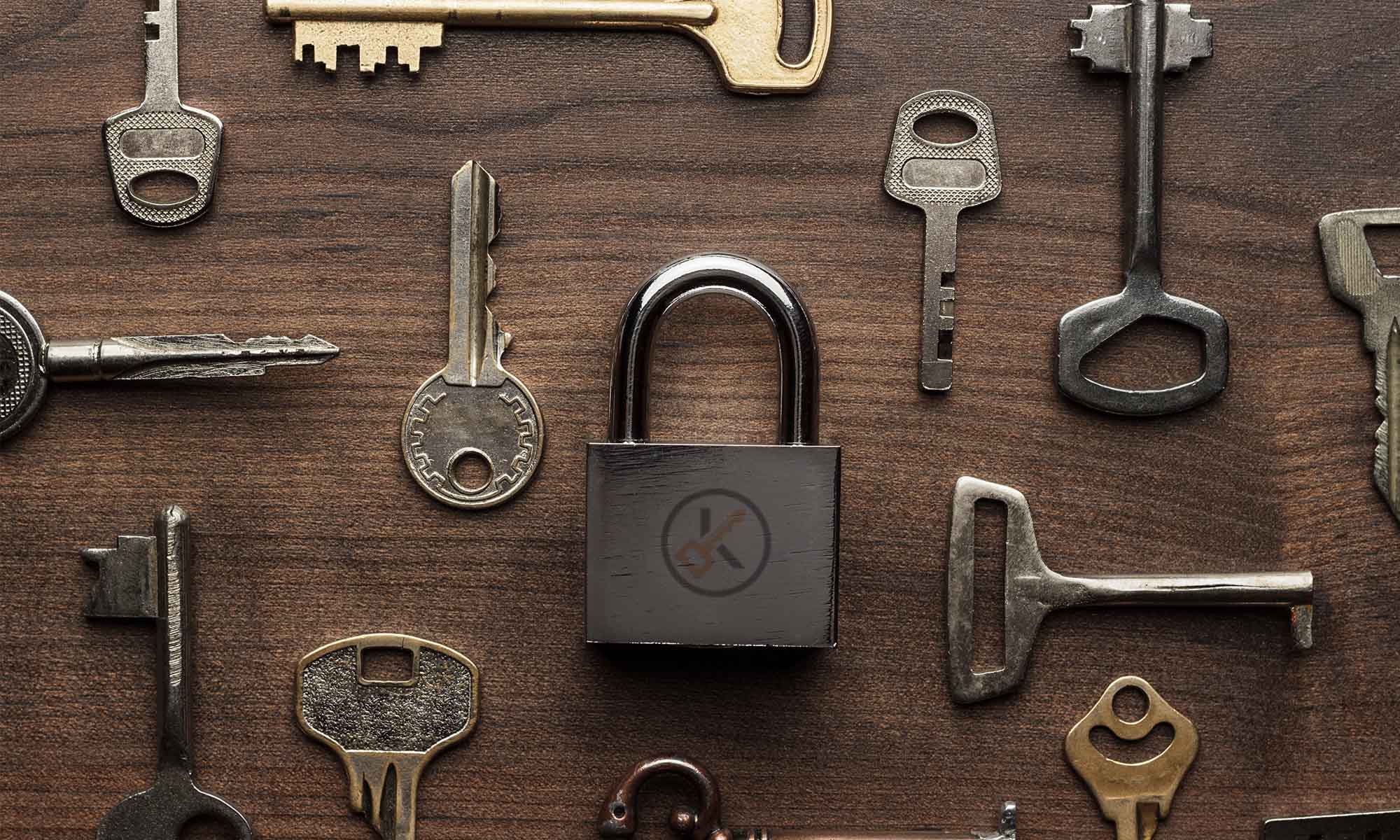If you went to your local locksmith in Dubai today and asked about locks, there’s a good chance he’d suggest a smart lock as one of your alternatives. Why use a smart lock when a deadbolt can perform all of the functions of a smart lock? That’s because you’ll be saving yourself a lifetime of misplaced keys and many hours of rushing to the door every time someone knocks.

How nice would it be to be able to open your door from the couch and verify whether it’s locked or not without having to go back to the house? Not all smart locks are created equal. There are several brands and designs of smart locks available, but how do you know which one to choose? Here is a brief guide to assist you to understand what to look for before you pick that smart lock that your locksmith has been marketing to you.
1. Will it fit your door?
Smart locks are designed to automate your deadbolt’s actions; however, this technology isn’t suitable for all types of doors. Check your door’s lock first to ensure that it opens and closes smoothly and effortlessly. Smart locks may not be compatible with doors that require extra force or a unique adjustment or nudge to lock or open properly. That’s because you want the smart lock to work with little or no oversight, especially when it’s being used remotely. Have a Dubai locksmith inspect the jamb to ensure that it can accommodate the lock when completely extended. If you have an issue with any of the lock’s conditions, you should have a locksmith near you to fix it before installing it.
2. Will the smart lock be replacing your deadbolt or adding to it?
The majority of smart locks can be used as a deadbolt. Some, on the other hand, are intended to fit into the pre-installed deadbolt and then perform the standard locking and unlocking functions.
These are simple to install, but you should double-check that they will work with your current deadbolts before purchasing. It’s a better idea to use a smart lock to replace the deadbolt because the complete door lock system will be totally automated for the most part. The other option is similarly useful since it allows you to lock and open your door manually.
3. What kind of connection would you prefer for your smart lock to have?
Smart locks, like smart home gadgets, offer a variety of ways to connect to your smartphone. Some are connected to the internet, while others rely solely on Bluetooth. Bluetooth technology is used in almost all smart locks. Because it is energy efficient and so allows the smart lock’s battery to survive a long time, this is by far the most widely utilized standard in smart locks.
One disadvantage of Bluetooth, however, is that it has a limited range within which it works effectively. Now this means that you need to be close to your lock in order to interact with it. It is still the most convenient means of operating a smart lock.
Other smart locks employ the Z-wave protocol, which often necessitates the purchase of a standalone Wi-Fi hub that allows you to operate your smart locks from your smartphone. Z-wave technology allows you to connect several devices at once, which makes it incredibly efficient.
You have the benefit of complete control of your locks from anywhere you have Wi-Fi, even if you are on vacation, thanks to reduced battery consumption and a better range of roughly 120 feet.
Wi-Fi is the most recent smart lock standard, and it may be used in addition to Bluetooth on most smart locks. No matter where you are, you can smoothly switch between Bluetooth and Wi-Fi. This way you can use the lock even if your Wi-Fi is down.
4. How do you prefer unlocking your door?
A big number of smart locks are designed to look like traditional locks, and hence have a keyhole so that you may use a standard key if necessary or if you’re feeling nostalgic. Smart locks, on the other hand, are designed to be keyless gadgets, so you’ll need to be sure you’re okay with abandoning your lifetime practice of sticking keys in a hole in favor of a more contactless method.
This will determine whether you should choose a completely touchscreen smart lock or one with a keyhole. Manufacturers of smart locks strike a handy compromise by designing versions with both a touchpad and a keyhole, allowing both sides of the divide to be satisfied.
5. What is the motivation behind buying a smart lock?
You should also keep in mind that smart locks are, at their core, just locks. They have grown more efficient and not always more secure as a result of being connected or digitalized. Not to imply that smart locks aren’t secure, but they face the same threats as regular locks, as well as some new ones, such as cyber-attacks, hacking attempts, and software malfunctions.
So get in the mindset that you’ll be obtaining greater convenience rather than more security. With the new set of locks, you’ll gain a slew of additional capabilities, including access control, mobility, and efficiency. However, having a smart lock is no justification for taking excessive security risks. You still need to protect the passcodes and also access to any phone that you have given a digital key card to access your home.
